Hormonal imbalance occurs when there is an excess or deficiency of certain hormones in the body, which can lead to a range of symptoms such as weight gain, mood swings, and irregular menstrual cycles. While a balanced diet and lifestyle changes can help to manage hormonal imbalances, supplements can also play a role in supporting the body’s hormone regulation.
Natural Ways to balance your hormones
Hormone imbalances can be caused by a variety of factors such as stress, lack of sleep, environmental toxins, and poor diet. By addressing these factors, we can help support hormonal balance and improve weight loss outcomes. Here are some ways to do so:
Not to worry here are 15 ways to bring your hormones on track,
Eat a balanced diet:
A diet that is balanced in macronutrients, such as protein, fats, and carbohydrates, is crucial for supporting hormonal balance. Hormonal imbalances can occur when there are insufficient nutrients in the diet, leading to weight gain. Additionally, a diet rich in whole foods, fruits, vegetables, and healthy fats can help to reduce inflammation, which is associated with hormonal imbalances.
Exercise regularly :
Regular exercise can help to balance hormones and improve weight loss outcomes. Exercise can help to increase insulin sensitivity and reduce inflammation, both of which are associated with hormonal balance.
Get enough sleep:
Lack of sleep can disrupt hormonal balance, leading to weight gain. Hormones such as cortisol and ghrelin are affected by sleep duration, and imbalances in these hormones can lead to weight gain.
Reduce stress:
Chronic stress can cause hormonal imbalances, leading to weight gain. Stress reduction techniques, such as meditation and yoga, can help to improve hormonal balance and support healthy weight loss.
Limit caffeine and alcohol:
Caffeine and alcohol can disrupt hormonal balance and negatively impact weight loss outcomes. Reducing or eliminating these beverages can help to improve hormonal balance and support healthy weight loss.
Incorporate healthy fats:
Healthy fats such as those found in nuts, seeds, avocados, and fatty fish are essential for hormonal balance. These healthy fats provide the body with essential nutrients to support hormone production and reduce inflammation.
Avoid processed foods:
Processed foods can contain hormone-disrupting chemicals that can lead to imbalances in hormonal levels, leading to weight gain.
Drink enough water:
Dehydration can lead to hormonal imbalances, so it’s important to drink enough water to support healthy hormonal balance and weight loss.
Avoid environmental toxins:
Exposure to environmental toxins such as pesticides and chemicals can disrupt hormonal balance, leading to weight gain. Reducing exposure to these toxins can help to improve hormonal balance and support healthy weight loss.
Use natural personal care products:
Many personal care products contain hormone-disrupting chemicals that can lead to hormonal imbalances. Opting for natural personal care products can help to improve hormonal balance and support healthy weight loss.
Take supplements:
Certain supplements such as omega-3s, vitamin D, and magnesium can help to support hormonal balance and improve weight loss outcomes..
Practice mindful eating:
Mindful eating can help to regulate hormones responsible for appetite and promote healthy weight loss.
Incorporate strength training:
Strength training can help to boost metabolism and support hormonal balance, leading to improved weight loss outcomes.
Avoid restrictive diets:
Restrictive diets can disrupt hormonal balance, leading to weight gain. It’s important to adopt a healthy, balanced diet to support hormonal balance and weight loss.
Seek medical advice:
If you suspect hormonal imbalances are hindering your weight loss efforts, seek medical advice from a healthcare professional to help diagnose and treat any underlying conditions.
Top 5 Supplements for Hormonal Imbalance
Omega-3 fatty acids for Hormonal Imbalance
Omega-3s have anti-inflammatory properties and may help reduce menstrual pain, improve insulin sensitivity, and support healthy brain function.
Vitamin D
Vitamin D deficiency has been associated with hormonal imbalances, including low testosterone in men and women. Supplementing with vitamin D may help improve hormonal balance in these cases.
Magnesium
Magnesium is an essential mineral that plays a role in many bodily functions, including hormone regulation. It may help reduce menstrual pain, improve insulin sensitivity, and support healthy sleep.
Adaptogenic herbs
Adaptogenic herbs, such as ashwagandha and Rhodiola, may help support the body’s stress response and promote hormonal balance.
Vitex agnus-castus
Also known as chaste berry, vitex agnus-castus has been shown to help regulate menstrual cycles and relieve symptoms of premenstrual syndrome (PMS).
It is important to remember that supplements should not be used as a replacement for a healthy diet and lifestyle. A healthcare professional, such as a nutritionist or doctor, can help determine if supplements are appropriate for an individual’s specific needs and provide guidance on dosage and safety.
Frequently Asked Questions about Hormonal Imbalance
How to balance hormones naturally while pregnant?
This is very common, so natural ways to treat hormonal imbalance during pregnancy are,
- · Intake of high protein,
- · Quality sleep
- · Should engage in regular exercise.
Which food can help balance hormones naturally in women?
Here’s what you can pick: flaxseeds, leafy greens, all-natural nuts, salmon, fresh fruits, and vegetables, are the best food intake for treating hormonal imbalance naturally.
What are common symptoms of hormonal imbalance in women?
In short fatigue, hair loss, irregular periods, cramps etc are seen very commonly, It is good to notice at the earliest and treat them accordingly.
How does nutrition affect hormonal balance?
Nutrition plays a significant role in maintaining hormonal balance. Eating a healthy and balanced diet can provide the necessary nutrients for the body to produce and regulate hormones properly. A nutritionist can help identify foods that support hormone balance and avoid those that disrupt it.
What are some dietary recommendations to help balance hormones?
Some dietary recommendations for hormonal balance include eating a diet rich in whole, nutrient-dense foods such as fruits, vegetables, lean protein, and healthy fats. Avoiding processed and sugary foods can also help balance hormones. Certain foods, such as those containing phytoestrogens or omega-3 fatty acids, may have specific benefits for hormonal balance.
Can certain vitamins or supplements help with hormonal imbalance?
Certain vitamins and supplements may help support hormonal balance, depending on the specific imbalance. For example, vitamin D deficiency is associated with low testosterone in men and women, and supplementing with vitamin D may help balance hormones in this case. However, it is essential to speak with a healthcare professional before starting any supplements to ensure they are safe and effective for an individual’s specific needs.
How can a nutritionist help address the hormonal imbalance?
A nutritionist can help identify dietary factors that may be contributing to hormonal imbalances and provide guidance on how to adjust a diet to support hormonal balance. They may also recommend specific supplements or herbs that may support hormonal balance. Additionally, a nutritionist can help identify lifestyle factors, such as stress or lack of exercise, that may be contributing to hormonal imbalances and provide recommendations for addressing these factors.
Let me tell you, the right diet, proper nutrients, and lifestyle matter. After 2 weeks of following all-natural ways, still, it’s in the same state, then time to consult a doctor.
You can also contact us at worldofwowfitness@gmail.com for a free consultation to identify the health issues and we help you treat them in natural ways like yoga and a good diet plan. Or talk to the nearest doctor for medical treatment for hormonal imbalance.


